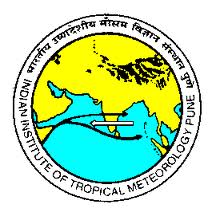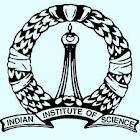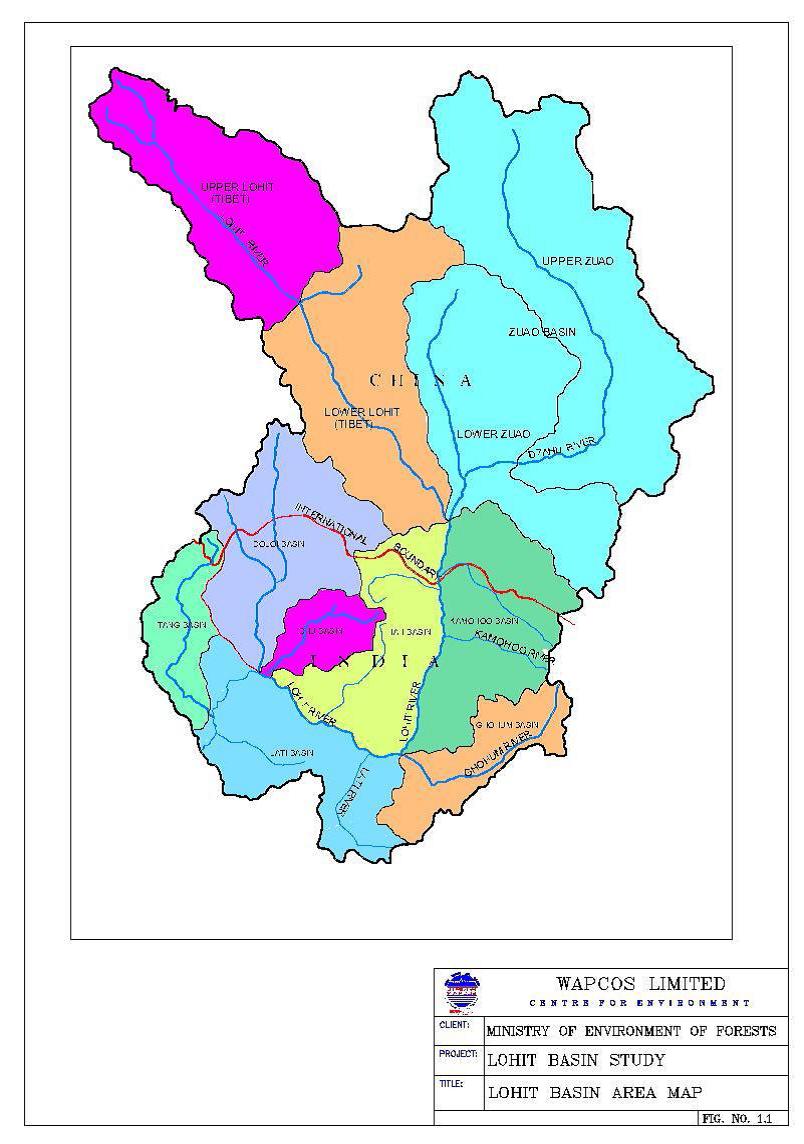/topics/ecology-and-environment
Ecology and Environment
Ladakh International Film Festival, June 15-17, 2012, Ladakh
Posted on 31 Mar, 2012 10:31 AMOrganizers: LAHDC LEH,
J & K Tourism,
SLC IT,
Inheritance India
![]()
Description:
The Ladakh International Film Festival (LIFF) has received an overwhelming response with entries coming in from across five continents - – North America, South America, Europe, Asia and Australia.
Supreme Court order in February 27, 2012 on the interlinking of rivers project A statement and an appeal by concerned citizens to think of all the implications
Posted on 29 Mar, 2012 06:37 PMThe full statement is as follows -
We, the signatories to this statement, wish to record our utmost concern at the Hon’ble Supreme Court’s judgment of 27 February 2012 on the Inter-Linking of Rivers Project (ILR), on the following grounds:
National Conference on Environment and Biodiversity of India (EBI 2012), December 29 - 30, 2012, New Delhi
Posted on 20 Mar, 2012 08:17 PMOrganizer: IBSD, Imphal,
IITM, Pune,
Islamic University of Science and Technology, J&K
NECEER Team




Description:
National Conference on Environment and Biodiversity of India, December 29-30, 2012, New Delhi.
Biodiversity Asia 2012, SCB-Asia, ATREE and IISc, August 7-10, 2012, IISc campus, Bangalore
Posted on 20 Mar, 2012 07:24 PMOrganisers: SCB-Asia, ATREE, IISc
Venue: JN Tata Auditorium,
Indian Institute of Science Campus,
Bengaluru



The conference is being co-organized by organizations such as Society for Conservation Biology-Asia Section, (SCB-Asia), Ashoka Trust for Research in Ecology and the Environment (ATREE), Indian Institute of Science (IISc), and several other institutions with the Secretariat housed at ATREE, Bengaluru, India. We will partner with other institutions in India and other countries in Asia to ensure broad participation. We expect 400-500 people to participate.
Soil endowments, production technologies and missing women in India - A World Bank working paper
Posted on 19 Mar, 2012 03:08 PMThe paper argues that in India, where 72 percent of the population is rural, there is a significant and important association between the geographical variation in exogenous soil texture and rural infant sex ratios. In agriculture, the depth of land and seedbed preparation are exogenously determined by the soil texture.
Impact report of watershed development programme in Ayyannapalem village of Guntur district in Andhra Pradesh
Posted on 19 Mar, 2012 11:59 AMAuthor : Kotikala Chandrasheakar
Name of the watershed: Ayyannapalem
Name of the Mandal: Bollapalli
District: Guntur
Basin-level impact assessment study of the Lohit river - A study by WAPCOS & Ministry of Environment and Forests (2011)
Posted on 19 Mar, 2012 11:29 AM
Draft National Water Policy (2012) fails to take into account the multiple, complex problems and issues relating to water in India says M S Vani
Posted on 18 Mar, 2012 05:49 PMGuest post by: M S Vani
Perusing the draft, one comes across all the ‘right’ concepts, words liberally sprinkled throughout the document, describing the resource:-
- Natural resource
- Hydrological cycle
- Ecological needs of rivers
- Climate change
- Sources pollution
and our intended response to it :-
Peace by peace cotton project' is bucking the trend in chemical farming to revive cotton fields in Odisha
Posted on 17 Mar, 2012 11:02 PMArticle and Image Courtesy : One World South Asia
Author : Madhusmita Hazarika
Integrated water management for rural/urban India: Common effluent treatment plant can conserve fresh water in industrial estates
Posted on 17 Mar, 2012 11:02 AMAuthors : Vasudevan Rajaram and John R. Sheaffer





